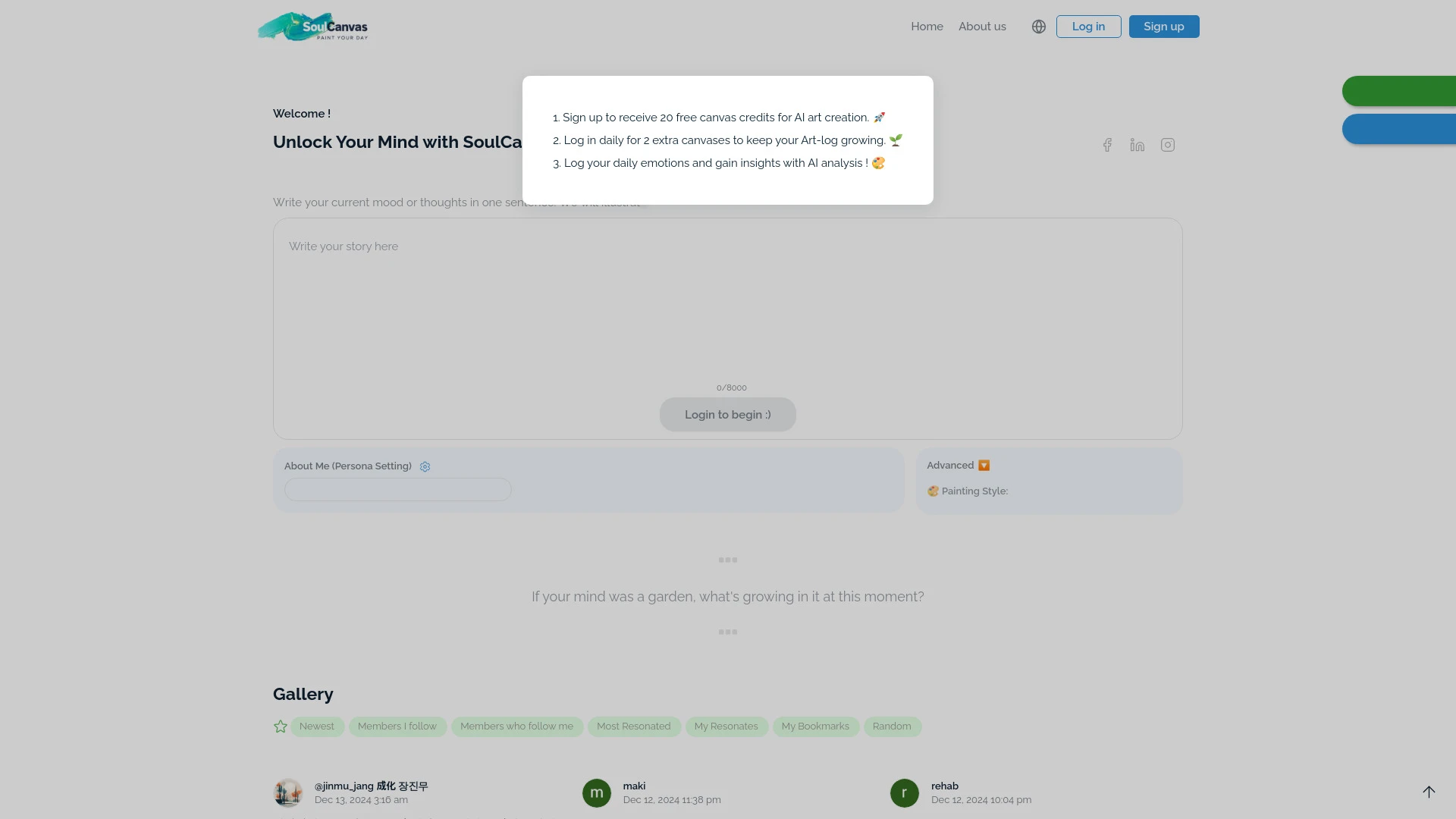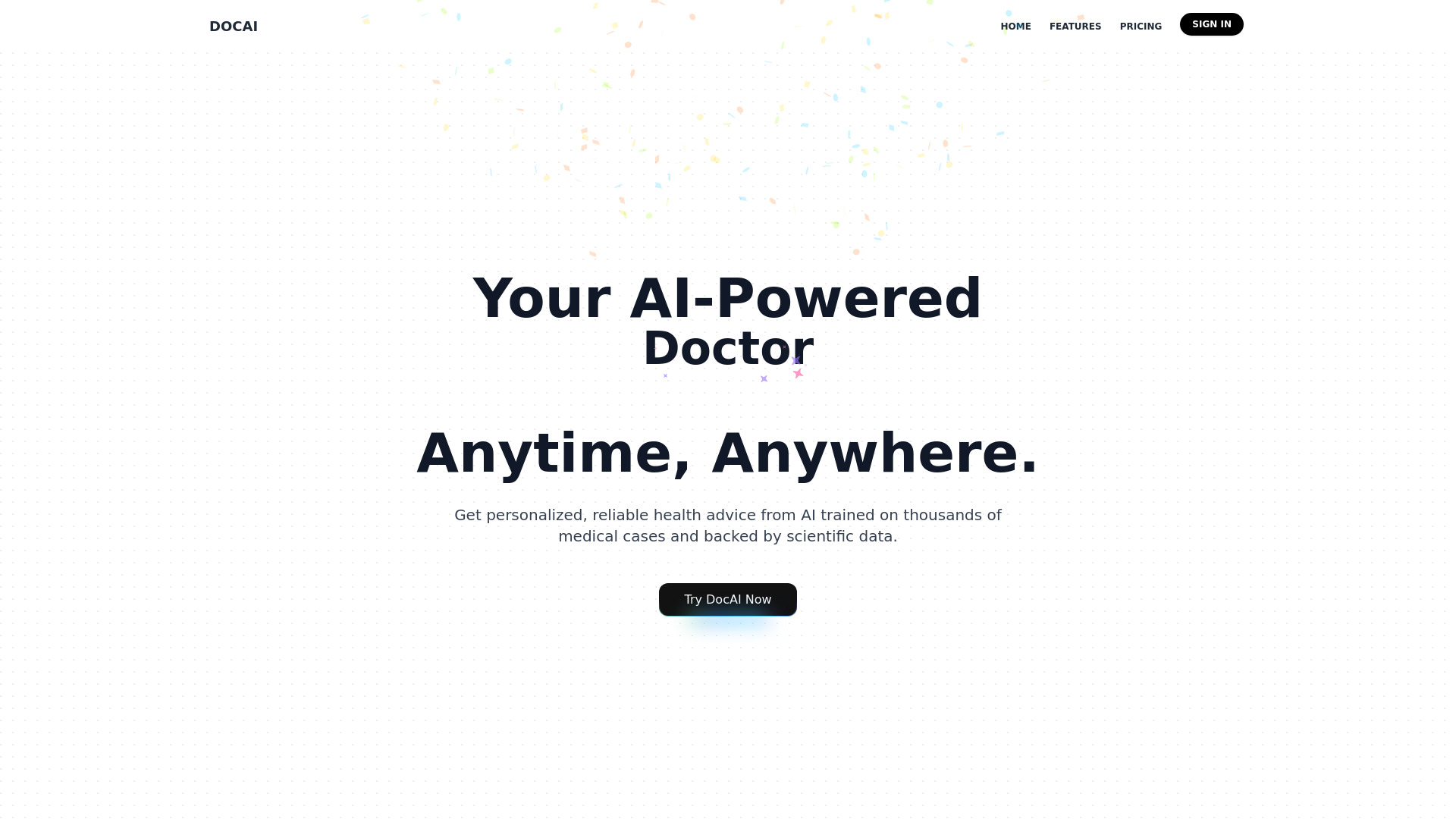Mental Health
AI enhances mental health care by providing tools such as chatbots for therapy, personalized treatment plans, and predictive analytics. Applications like Woebot offer support, while tools like IBM Watson analyze patient data for tailored interventions. Benefits include increased accessibility and reduced stigma, but challenges include data privacy, the need for human oversight, and potential biases in algorithms.
Primary AI
Top Job for This Category
Most Commonly Used Task
Core Features
Personalized intervention strategies
Real-time mood tracking
Natural language processing for emotional support
Data privacy and security measures
Accessibility for diverse populations
Integration with wearable technology
Use Cases
Chatbots for emotional support
Personalized therapy recommendations
Mood tracking and analysis
Stress management techniques
Crisis intervention resources
Virtual group therapy sessions
Most Helpful AI's
Best Fit Jobs For Mental Health
Primary Tasks For Mental Health
| # | Task | Popularity | Impact | Follow |
|---|---|---|---|---|
| 1 |
🧠💚
Mental health therapy |
0% Popular
|
67%
|
|
| 2 |
🤗
Emotional support |
0% Popular
|
72%
|
|
| 3 |
🌱
Personal development |
100% Popular
|
72%
|
|
| 4 |
🏋️♀️
Fitness |
0% Popular
|
75%
|
|
| 5 |
💰
Financial management |
0% Popular
|
82%
|
|
| 6 |
🩺
Medical advice |
0% Popular
|
85%
|
|
| 7 |
🧠
Decision making |
0% Popular
|
82%
|
|
| 8 |
🧘♂️
Spiritual guidance |
100% Popular
|
42%
|
|
| 9 |
💰
Financial advice |
0% Popular
|
85%
|
|
| 10 |
🧠💡
Brainstorming |
100% Popular
|
78%
|
|
| 11 |
📱
Social media management |
100% Popular
|
82%
|
|
| 12 |
💪✨
Motivational coach |
100% Popular
|
78%
|
|
| 13 |
💼
Productivity |
100% Popular
|
87%
|
|
| 14 |
🏋️♂️
Fitness coaching |
0% Popular
|
78%
|
|
| 15 |
📱
Social media posts |
0% Popular
|
75%
|


